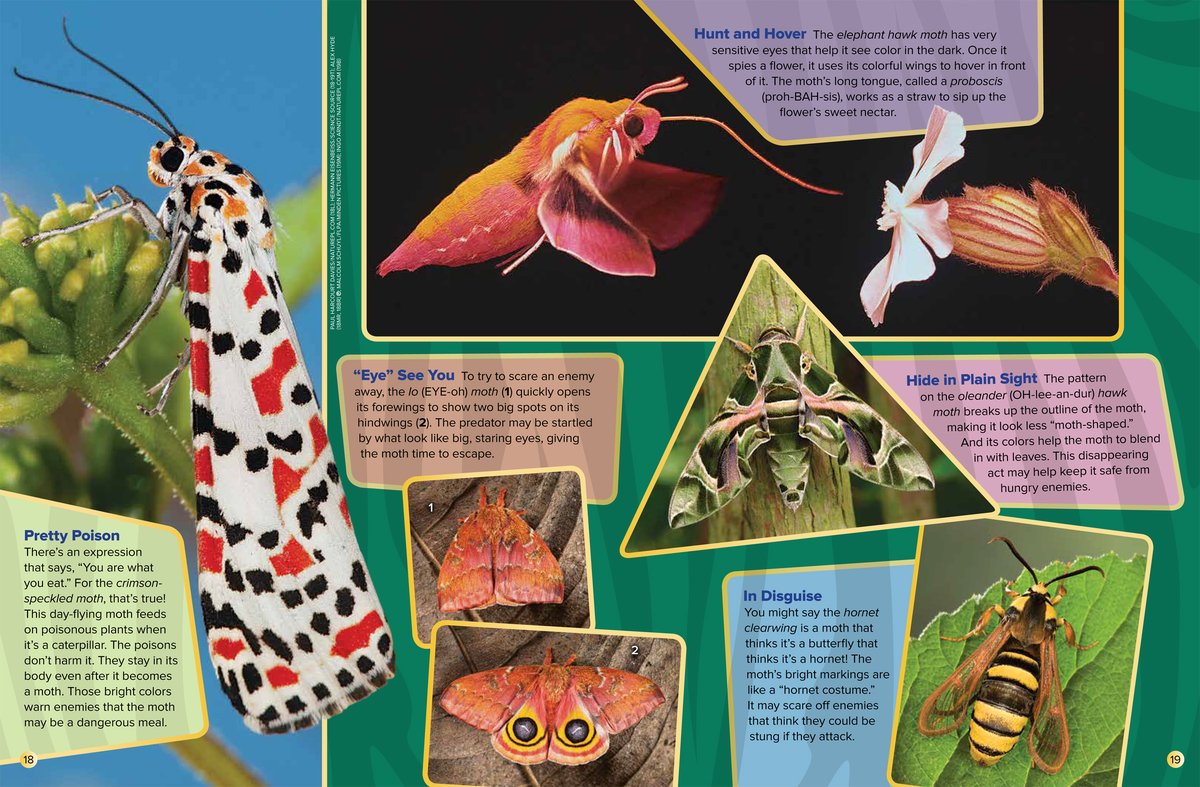Butterflies in the U.S. Face Catastrophic Decline: A 22% Drop and No End in Sight

It appears our fluttering friends, the butterflies, are undergoing a dramatic vanishing act in the contiguous United States, and it’s nothing short of catastrophic. A recent study published in the esteemed journal Science has unveiled a staggering 22% decrease in the butterfly population over the last two decades. This alarming trend raises a clarion call for awareness and action, as scientists are left scratching their heads, wondering when this downward spiral will cease.
Co-author Nick Haddad, an ecologist at Michigan State University, revealed that he was initially skeptical about the data, but the results quickly put his disbelief to rest. “In my mind, I was nodding, thinking, ‘Oh, they just went out on a bad day,’” he recounted, only to realize that butterflies are indeed disappearing at an unprecedented rate. The study is based on over 12 million observations from dedicated enthusiasts and scientists alike, making it the most comprehensive survey of butterflies ever conducted in the U.S.
Dr. Eliza Grames from Binghamton University emphasized that losing one in every five butterflies should serve as a wake-up call. Alarmingly, 107 out of the 342 species studied have lost more than half their populations, with 22 species declining by over 90%. Meanwhile, a mere 3% of species have seen any increase.
The U.S. Fish and Wildlife Service’s proposal to list the eastern monarch butterfly under the Endangered Species Act underscores the severity of the issue; this population has plummeted by about 80% since the 1980s. Pesticides, habitat loss, and climate change are the nefarious trio responsible for this decline, as they disrupt breeding patterns and food sources crucial for survival.
Entomologist David Wagner poignantly remarked that butterflies serve as a “yardstick for measuring what is happening” among insects. The findings are indeed both catastrophic and saddening, echoing a broader crisis in biodiversity. However, not all hope is lost. Researchers argue that with strategic restrictions on insecticides and promoting diverse crop growth, we can reverse this trend.
So, while we might be tempted to lament the loss of beauty fluttering around our gardens, it’s time to rally for butterflies. Perhaps they can help us understand the importance of biodiversity in ways that other insects simply cannot. Let’s not let their graceful dance fade into obscurity.
Sources: Celebrity Storm and People Magazine, Science Journal, Washington Post, CNN, CBS News
Image Credit: Title: Untitled, Author: No author info, License: [‘cc_attribute’, ‘cc_nonderived’, ‘cc_publicdomain’]




